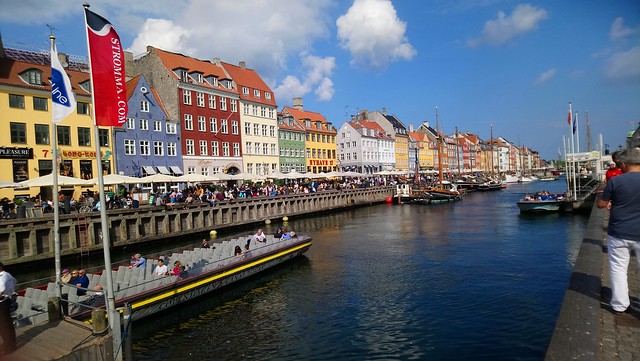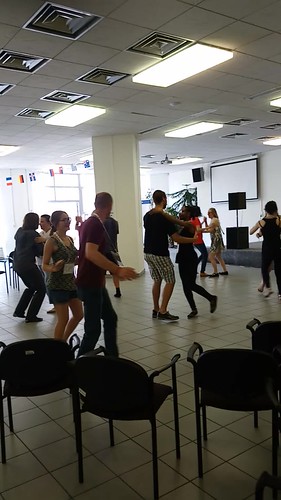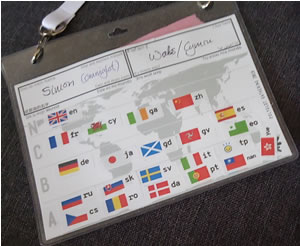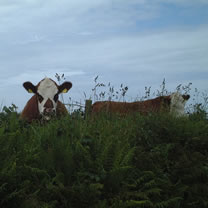After quite a long journey, I arrived on Glenn Cholm Cille last night. I met some people I know on the way and spent much the journey chatting with them, so it didn’t seem so long. We talked in a mixture of Irish and English, with odd bits of German and Spanish. Last night I also spoke quite a bit of French. I found at first that Scottish Gaelic kept interfering with the other languages, especially Irish. Now I’m in Irish mode though.
As the bus went further north and west into Donegal the mist and rain came down, and by the time we arrived in Gleann Cholm Cille, the mountains had disappeared. Hence the title of this post.
Here are some photos of Gleann Cholm Cille from previous visits. The ones I took today of the misty geln are not online yet, but will appear soon.
I’m here for the Irish Language and Culture Summer School (Scoil Samhraidh Teanga agus Cultúir) at Oideas Gael, the Irish language and culture centre I’ve been to for a week or two every summer since 2005.
There will be Irish language classes in the mornings, a choice of cultural workshops in the afternoons, and various events in the evenings – concerts, talks, music sessions, and so on.
One new worksop this year is an introduction to Welsh. Quite a few of my friends here have said they’re interested.
There are also a couple of film crews here who will be interviewing people during the week.
I plan to interview a few people about their Irish learning adventures for the next episode of my podcast.






